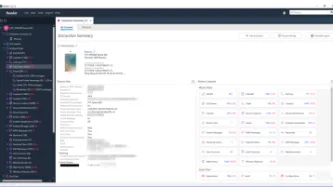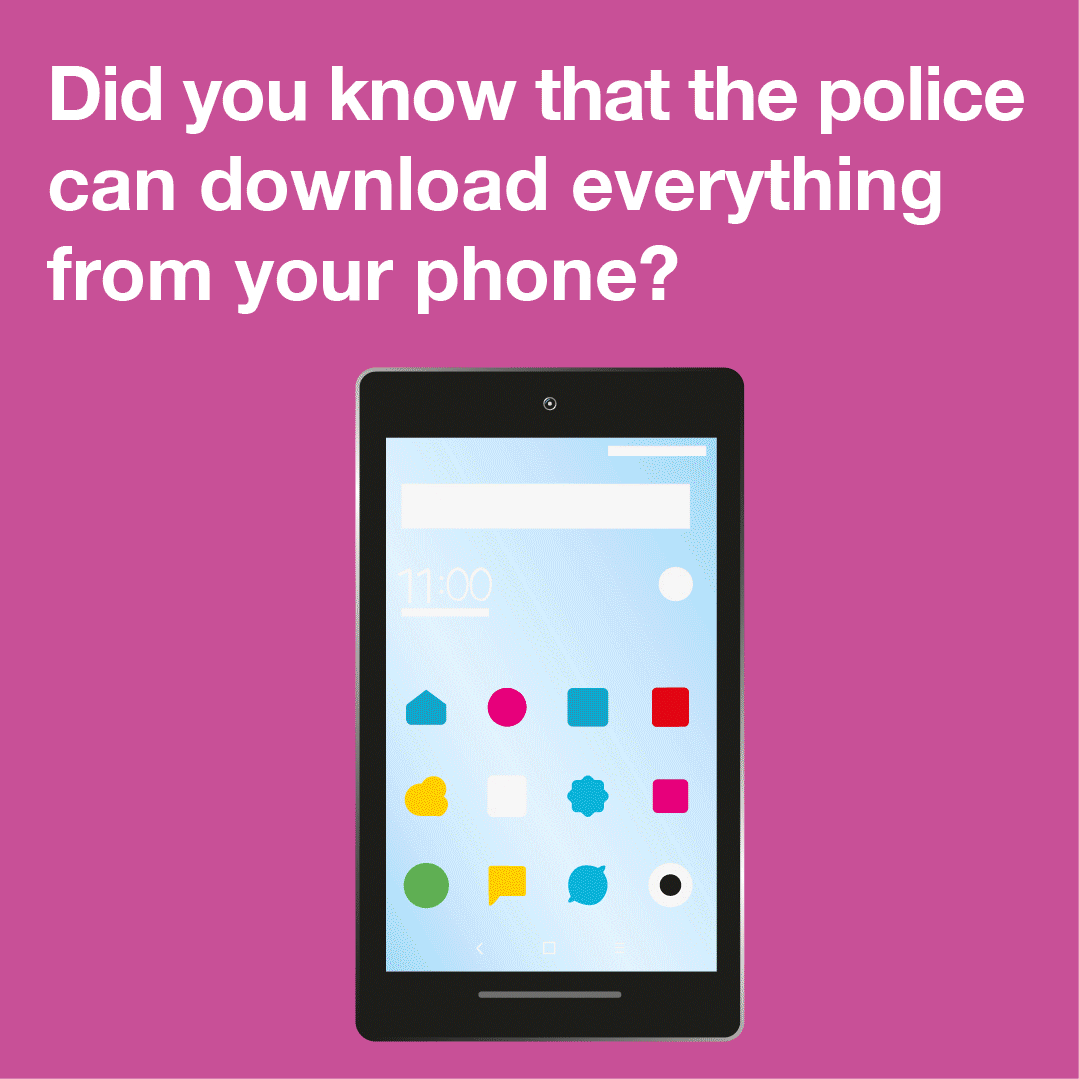Search
Content type: News & Analysis
In the last few months strong concerns have been raised in the UK about how police use of mobile phone extraction dissuades rape survivors from handing over their devices: according to a Cabinet Office report leaked to the Guardian, almost half of rape victims are dropping out of investigations even when a suspect has been identified. The length of time it takes to conduct extractions (with victims paying bills whilst the phone is with the police) and the volume of data obtained by the…
Content type: Long Read
In this piece we examine mobile phone extraction, relying on publicly available information and Privacy International’s experience from conducting mobile phone extraction using a Cellebrite UFED Touch 2. We welcome input from experts in the field. This is a rapidly developing area. Just as new security features are announced for phones, so too new methods to extract data are found.
[All references can be found in the pdf version below.]
General explanation of mobile phone…
Content type: Report
“...a mobile device is now a huge repository of sensitive data, which could provide a wealth of information about its owner. This has in turn led to the evolution of mobile device forensics, a branch of digital forensics, which deals with retrieving data from a mobile device.”
The situation in Scotland regarding the use of mobile phone extraction has come a long way since the secret trials were exposed. The inquiry by the Justice Sub-Committee, commenced on 10 May 2018, has brought much…
Content type: Examples
In 2018, Brian Hofer, the chair of Oakland's Privacy Advisory Commission, filed suit after police wrongfully stopped him at gunpoint because their automated license plate recognition system, supplied by Vigilant Solutions, indicated that the rental car he was driving had been stolen. The car had in fact been stolen some months earlier, but been recovered. Despite such errors, police claim that the technology has helped reduce crime, identify stolen vehicles, and identify and arrest suspects.…
Content type: Examples
In February 2019 Gemalto announced it would supply the Uganda Police Force with its Cogent Automated Biometric Identification System and LiveScan technology in order to improve crime-solving. LiveScan enables police to capture biometric data alongside mugshots and biographical data. CABIS speeds up the biometric matching process by mapping distinctive characteristics in fingerprints, palm prints, and facial images. The Ugandan police will also pilot Gemalto's Mobile Biometric Identification…
Content type: Examples
In February 2019 BuzzFeed News reported that one of the largest home DNA testing companies, FamilyTreeDNA, had formed an agreement with the FBI to grant the agency access to its database of more than 1 million genetic profiles, most of which were supplied by consumers with no thought that they would be accessible to law enforcement. FamilyTreeDNA has also agreed to test DNA evidence and identify remains of victims of violent crimes for the FBI in its own laboratory. FamilyTreeDNA said…
Content type: Examples
In February 2019, the city of Rio de Janeiro announced that its police security operation for the annual five-day Carnival would include facial recognition and vehicle license plate cameras to identify wanted individuals and cars. Municipal officials said the system would help reduce thefts and robberies; critics dissented on the basis that a period when people are wearing masks, heavy makeup, glitter, and costumes is a bad time to test the technology.
https://riotimesonline.com/brazil-news/…
Content type: Examples
VeriPol, a system developed at the UK's Cardiff University, analyses the wording of victim statements in order to help police identify fake reports. By January 2019, VeriPol was in use by Spanish police, who said it helped them identify 64 false reports in one week and was successful in more than 80% of cases. The basic claim is that AI can find patterns that are common to false statements; among the giveaways experts say that false statements are likely to be shorter than genuine ones, focus…
Content type: Examples
In November 2016 the UK Information Commissioner's Office issued an enforcement notice against London's Metropolitan Police, finding that there had been multiple and serious breaches of data protection law in the organisation's use of the Gangs Violence Matrix, which it had operated since 2012. The ICO documented failures of oversight and coherent guidance, and an absence of basic data protection practices such as encryption and agreements covering data sharing. Individuals whose details are…
Content type: Explainer
We look at the recently published report on forensic science in the UK, highlight concerns about police not understanding new tech used to extract data from mobile phones; the risk of making incorrect inferences and the general lack of understanding about the capabilities of these tools.
The delivery of justice depends on the integrity and accuracy of evidence and trust that society has in it. So starts the damning report of the House of Lords Science and Technology Select…
Content type: News & Analysis
US Immigration and Customs Enforcement (ICE), the agency at the centre of carrying out President Trump’s “zero tolerance” approach to immigration enforcement and family separation, has for years been contracting a US surveillance company to intercept peoples’ communications across the United States.
The wide potential scope for the use of the powers raises concerns about their use for the real-time surveillance of people, families, and communities caught up in Trump’s immigration…
Content type: Long Read
Imagine that every time you want to attend a march, religious event, political meeting, protest, or public rally, you must share deeply personal information with police and intelligence agencies, even when they have no reason to suspect you of wrongdoing.
First, you need to go to the police to register; have your photo taken for a biometric database; share the contacts of your family, friends, and colleagues; disclose your finances, health records, lifestyle choices, relationship status, and…
Content type: News & Analysis
A mobile device is a huge repository of sensitive data, which could provide a wealth of information about its owner and many others with whom the user interacts.
Companies like Cellebrite, MSAB and Oxygen Forensics sell software and hardware to law enforcement. Once your phone is connected to one of these mobile phone extraction tools, the device extracts, analyses and presents the data contained on the phone.
What data these tools can extract and what method is used will…
Content type: Long Read
(In order to click the hyperlinks in the explainer below, please download the pdf version at the bottom of the page).
Content type: Explainer graphic
You can also read a more detailed explainer about mobile phone extraction here.








